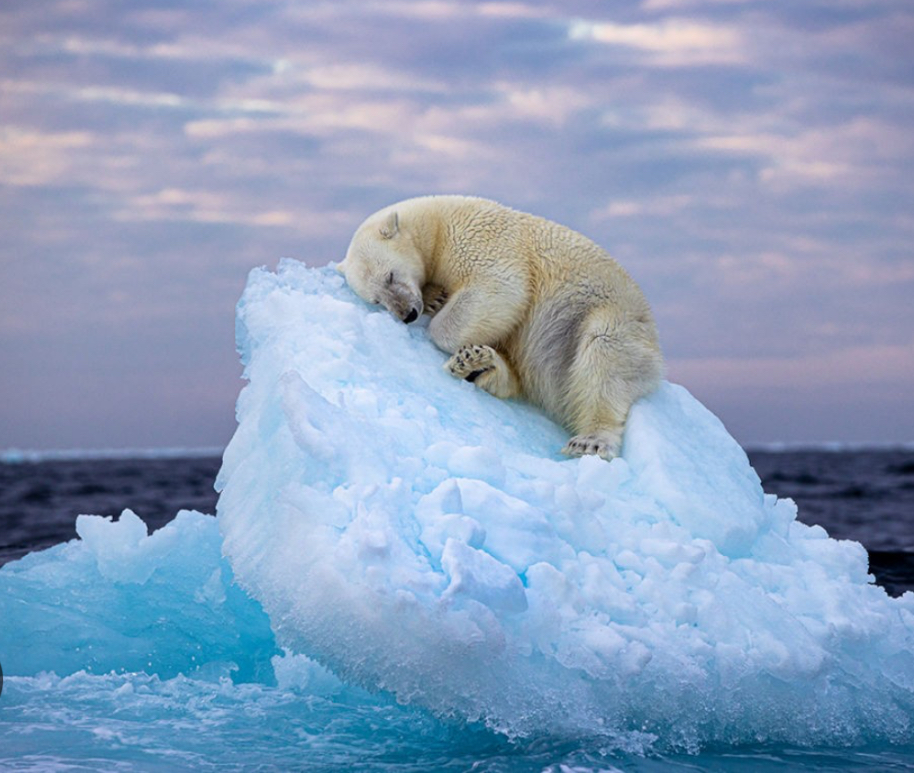In the past year, climate and weather experts have reported that our climate change goals are getting farther and farther out of reach. In a world where it feels we have so little control over these massive global issues, countries are left to wrestle with the question: is it inevitable that we humans will eventually destroy this beautiful planet we have been gifted with?
The effect of climate change seems almost meaningless and insignificant, especially in the comfort of constant air conditioning and heating in our first-world country. However, just because the climate changes slowly does not mean it is insignificant. The dictionary definition of climate change is “long-term shifts in temperature and weather patterns,” meaning that summers have more extreme highs and winters have more extreme lows. Chelsey Natividad (11) expresses that she feels “worried that people in the future will not have the same earth, and they will likely face many problems as the environment changes drastically and affects people’s lifestyles.”
What exactly is causing climate change? Essentially, the constant burning of fossil fuels such as coal, oil, and gasoline is a large factor in climate change. In our society, these pollutants are unavoidable through transporting goods, fueling the majority of cars and planes, and generating power for our devices, running water, and electricity. Recently, in my AP Environmental Science class, I took a personal “quiz,” which determined how many Earths we would need if everyone lived the way I do. I was shocked that we would need about 5.7 Earths just to sustain my daily lifestyle. Every day, each one of our carbon footprint increases without us even realizing the effect we have on the world around us. At the end of the day, the big issue is that we do not have 5.7 Earths. We have 1.
Currently, climate change is impacting our world much more than we are aware of. The gradual increase in temperature most drastically affects animals in arctic regions, such as polar bears, who are losing their homes as glaciers and ice sheets melt. Experts predict that by 2050 the polar bear population will decrease by 30% due to habitat loss. This rapid melting of ice also threatens the life of marine animals. As ice melts, sea levels rise, causing an increase in ocean acidification globally. Most sea life thrives in water with slightly more basic water; levels from 7.5 to 8.5 are generally ideal, with 8.2 being the most optimal. Before the Industrial Revolution, the ocean was measured to have a pH of 8.2. Today, this has dropped to 8.1 and is predicted to decrease to 7.8 by the end of the 21st century if climate change continues the way it is headed. Although this change seems small, it has detrimental effects on ocean life, directly impacting our environment and economy.
World leaders from 194 states and the entire EU (European Union) pledged to prioritize slowing climate change through the 2015 Paris Agreement. These efforts are seemingly failing, as the research group Climate Action Tracker claims, and current nations will likely cause a 4.9-degree Fahrenheit global increase in temperature by 2100. While most of this increase in temperature is caused by a lack of responsibility at a legislative level, there are still small things we can do every day to protect our planet, and the life on it.
Here are 5 ideas:
- Reduce energy use by turning off electronics when you’re done using them and not excessively charging devices.
- Reduce carbon footprint by trying to walk or carpool when possible (I know this one is hard).
- Throw away less food; eat leftovers.
- Invest responsibly by researching and understanding where your bank invests its money. Opt out of banks that support fossil fuels. Remember you are the consumer, and where you put your cash holds more power than you know.
- Become politically active. Currently, most high school students cannot vote but will be eligible to in the 2028 election. Do your research!
Many feel that climate change is “too big” of an issue to fix and that no single action will have an impact. How much of this is true? If there are things we can do to make a difference, why is nobody doing it? Will it take the world ending for government officials and the voting class to make a change? These are all huge questions that seem heavy and almost overwhelming, especially for high school students. Although this issue is daunting, stressful, and difficult, I challenge you to just intentionally do one thing today that may have even the smallest positive effect on our planet.




























